Looking beyond the bag: convening leading retailers to reinvent the ubiquitous single-use plastic bag
July 20, 2020
The Beyond the Bag Initiative, launched by the Consortium to Reinvent the Retail Bag, aims to identify, pilot and implement viable design solutions and models that more sustainably serve the purpose of the current retail bag. Closed Loop Partners’ Center for the Circular Economy launched the initiative with Founding Partners CVS Health, Target, and Walmart. Kroger joins as Grocery Sector Lead Partner and Walgreens as a Supporting Partner, alongside Conservation International and Ocean Conservancy as Environmental Advisory Partners. OpenIDEO is the Consortium’s Innovation Partner.
It’s a universal experience. You make a purchase…perhaps it’s a candy bar or aspirin at your local pharmacy, or your weekly groceries, or a new shirt…and you have to make a decision. How do you carry your purchase home? Do you take a single-use plastic bag, knowing that it could persist in the environment for hundreds of years? Is a paper bag the better choice? Did you remember your reusable tote bag?
This may seem like a small moment, but with 100 billion single-use plastic retail bags thrown away in the U.S. each year, you’re right to consider the outsize impact your decision can have. At the Center for the Circular Economy, we work with brands, retailers, recyclers, NGOs and others to elevate questions like these beyond a confusing individual choice and instead imagine the systems change needed for a future where waste is not an option.
Today marks the launch of the Consortium to Reinvent the Retail Bag, our collective call to reimagine how we get goods home. Too many plastic bags end up decorating trees, polluting oceans, or wasted in landfills, and it’s time we imagine something better. Given the scale of this challenge, cross-industry collaboration is critical. Closed Loop Partners and its Center for the Circular Economy launched the Consortium alongside Founding Partners CVS Health, Target and Walmart, and joined by Kroger and Walgreens, and environmental organizations Conservation International and Ocean Conservancy to bring competitors together to solve a shared challenge. And to increase the impact and scale of our work together the Consortium is inviting more retailers to join the effort.
Too many plastic bags end up decorating trees, polluting oceans, or wasted in landfills, and it’s time we imagine something better.
Solving a complex global waste issue requires collaboration among diverse stakeholders to achieve a shared vision. Collectively, organizations can send a unified signal to the market and world at large, demonstrating their commitment to change and incentivizing the value chain, from manufacturers to recyclers, to adopt more sustainable practices that secure a waste-free future for the products and packaging we all use every day.
It’s not the first time Closed Loop Partners has convened unexpected and unprecedented partnerships to solve a shared challenge. In 2018 we launched the NextGen Consortium with the goal of redesigning the hot and cold fiber to-go cup with leading competitors Starbucks and McDonald’s. A year and a half later, following 480 innovative cup designs and the selection of 12 winners, four sustainable cup solutions were piloted in local cafes in the San Francisco Bay Area earlier this year. The findings from those pilots alongside extensive material and performance testing inform our next steps for the implementation of reusable, recyclable, and compostable cup solutions, and the infrastructure investments needed to support them. Our next journey brings together the world’s largest retailers who have a shared vision of reinventing the retail bag, with customer convenience, accessibility, inclusiveness, innovative design, and positive environmental outcomes all key priorities.
The Consortium to Reinvent the Retail Bag’s Beyond the Bag Initiative will take a holistic approach to implementing new systems that serve the function of today’s single-use plastic retail bag. Our goal is to identify, test and scale new solutions, while bolstering the recovery infrastructure necessary to retain the value of their materials. Reimagining the retail bag is only one step; the entire lifecycle of any new product must be considered. That’s why the Consortium will work to improve infrastructure for the reuse or recovery of alternative designs and require that new solutions bring material value to our recovery systems.
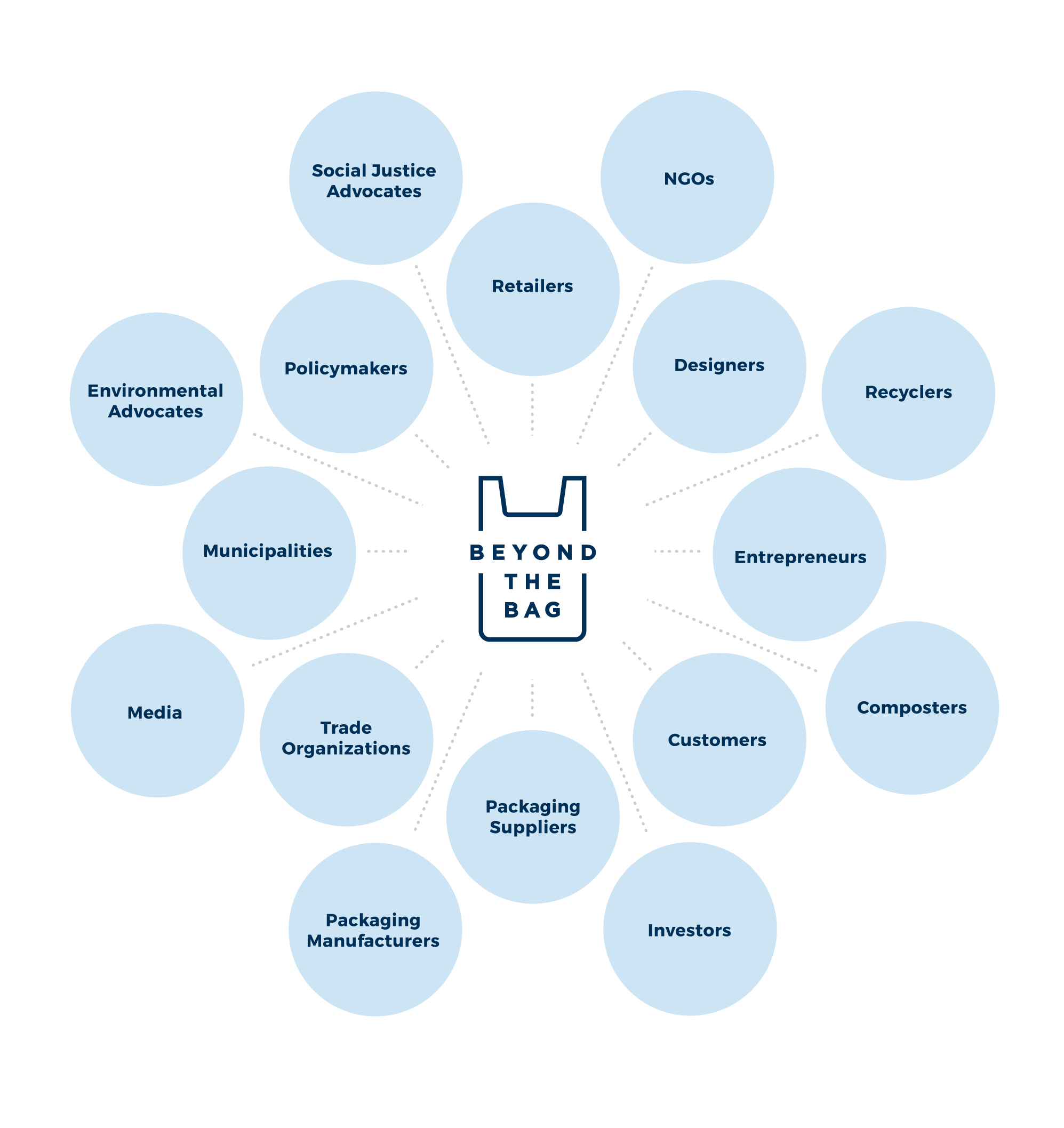
The old question at check-out of “paper or plastic” has been replaced by some additional options, but whether a bag is made out of paper or plastic or cotton all of these materials bring some tradeoffs. The traditional single-use plastic retail bag, with an average use time of 12 minutes, is derived from unsustainable fossil fuels. While these bags can technically be recycled, few actually make it to a recycling facility. And, if they do, they typically aren’t a high enough value product to make the economics of the recycling system work. Alternatively, paper bags, sometimes viewed as the more sustainable solution, are made from a more readily renewable resource but can drive deforestation and some studies have found they are more energy-intensive to manufacture. Other materials, whether bioplastics, fabric totes or something else all come with their own set of baggage and carbon footprint. The fact is: there is no convenient, sustainable, widespread solution available to all today.
Learn more about the complexities of the current bag landscape in our report, A New Way Home.
To identify new, innovative and inclusive solutions to the retail bag, the Consortium is launching, in partnership with OpenIDEO, the Beyond the Bag Challenge, inviting innovators, suppliers, designers and problem-solvers from around the world to share their ideas for sustainable solutions. Do you have an idea that can scale? Submit your idea here after applications open on August 3rd. Materials derived from novel sources, innovative reuse solutions, and solutions that eliminate the need for a bag altogether are all welcome.
We are excited to embark on this three-year partnership with leading retailers to find a new way to get goods home. Today is always the best day to begin to reimagine a better future; the Beyond the Bag Initiative is looking for innovative solutions that align the interests of people, the planet and business. We invite you to join us on our journey.
Related posts
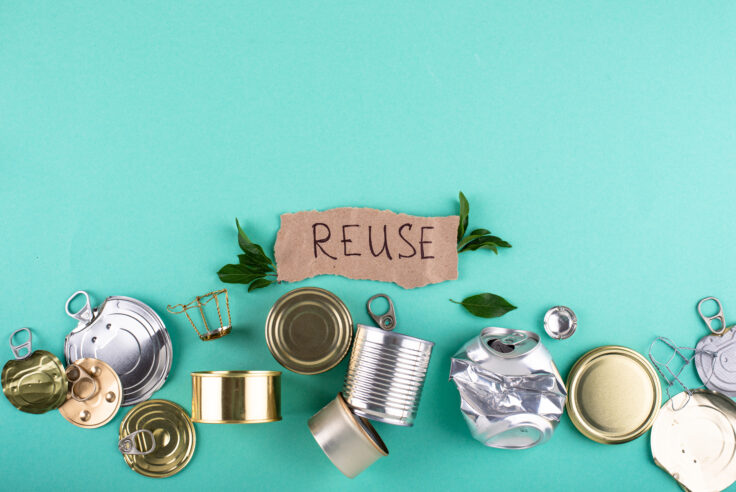
Blog Post
For Reuse to Work, Language Matters
A quick guide to messaging for reuse programs and getting...

Press Release
Closed Loop Partners’ Composting Consortium Launches...
The grant program for composters and communities comes...
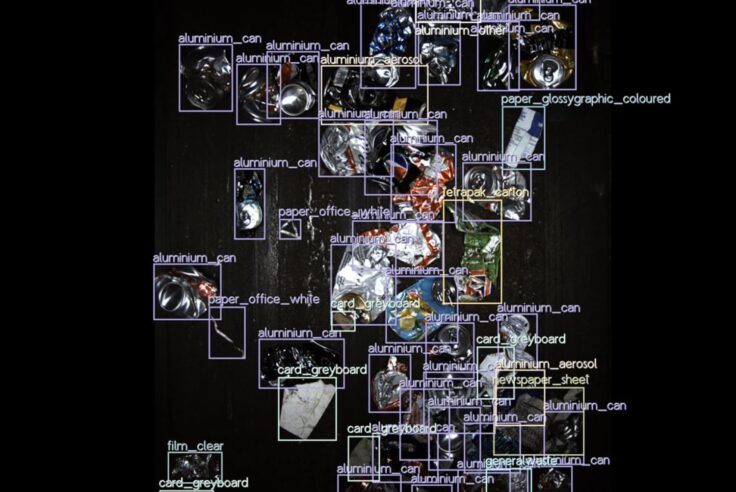
Press Release
New Data Reveals High Quantities of Food-Grade Polypropylene...
Closed Loop Partners’ Center for the Circular Economy...
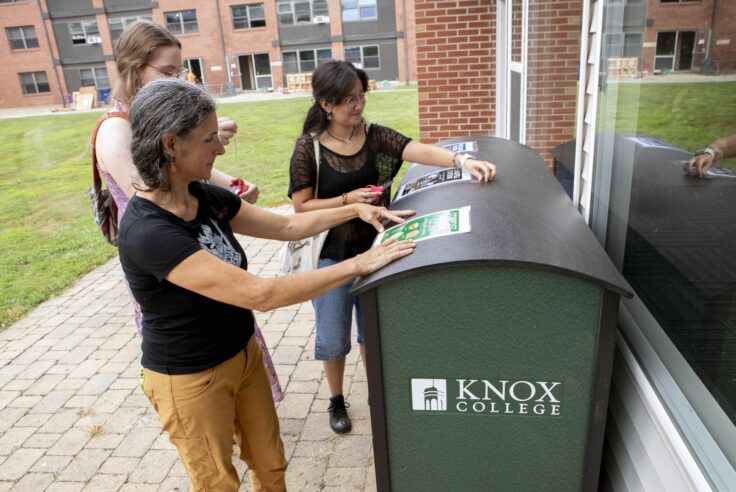
Blog Post
Keeping Compost Clean: Tools to Help Reduce Contamination...
The Composting Consortium interviews EcoProducts to...
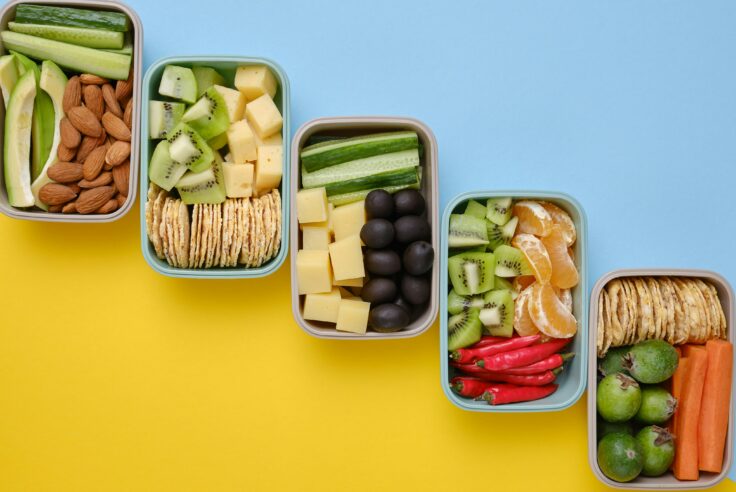
Press Release
Closed Loop Partners and U.S. Plastics Pact Identify...
Packaging types primed for reuse lay the groundwork...

Press Release
Closed Loop Partners Unveils Groundbreaking Findings...
Closed Loop Partners’ Center for the Circular Economy...
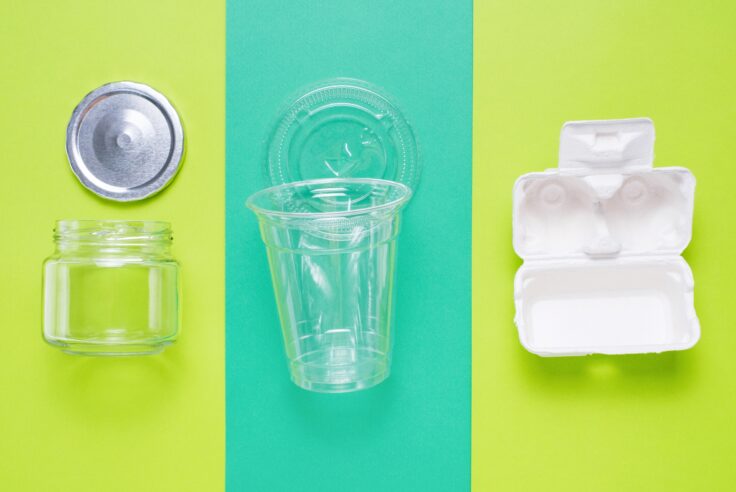
Blog Post
8 Tips to Navigate Life Cycle Assessments for Circular...
Closed Loop Partners’ Center for the Circular Economy...
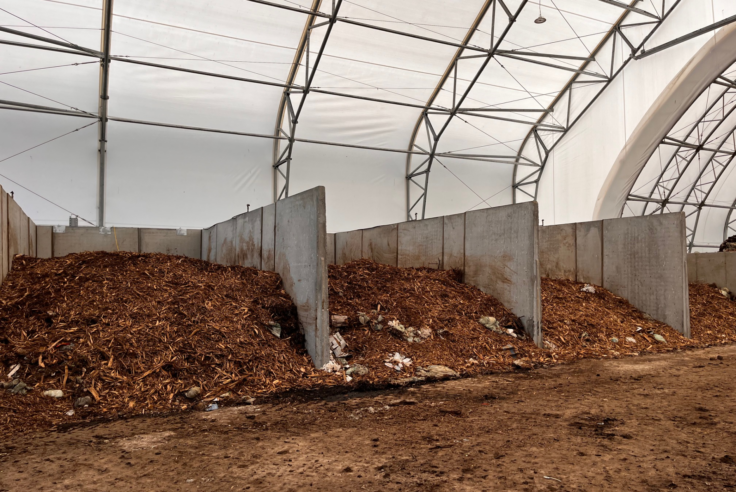
Blog Post
Why More Composters Are Recovering Food Scraps and...
Black Earth Compost and Glacial Ridge Composting Facility...
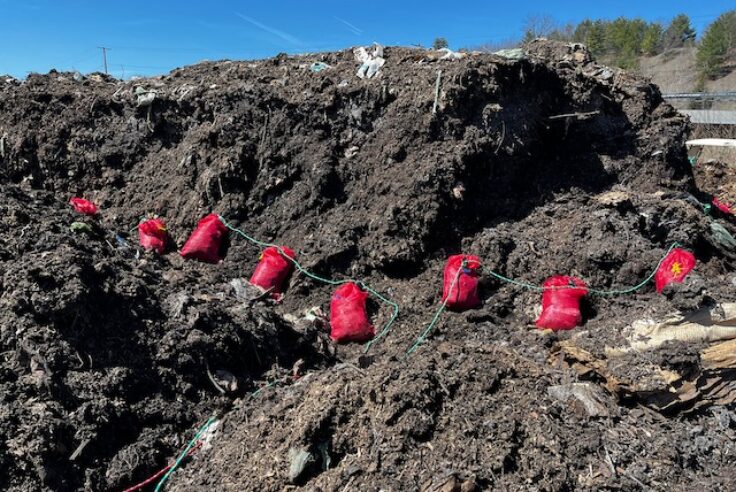
Blog Post
Does Compostable Packaging Actually Turn into Compost?...
In a joint interview, field testing experts, including...
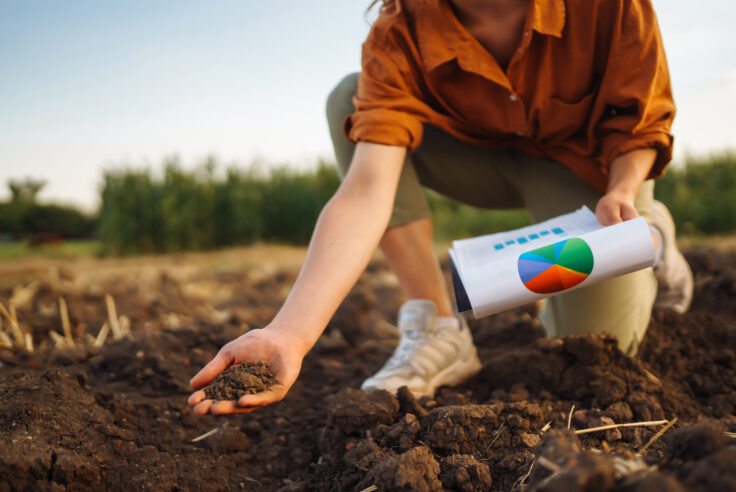
Press Release
Composting Consortium Releases New Data to Compostable...
The new platform by the Compostable Field Testing Program...
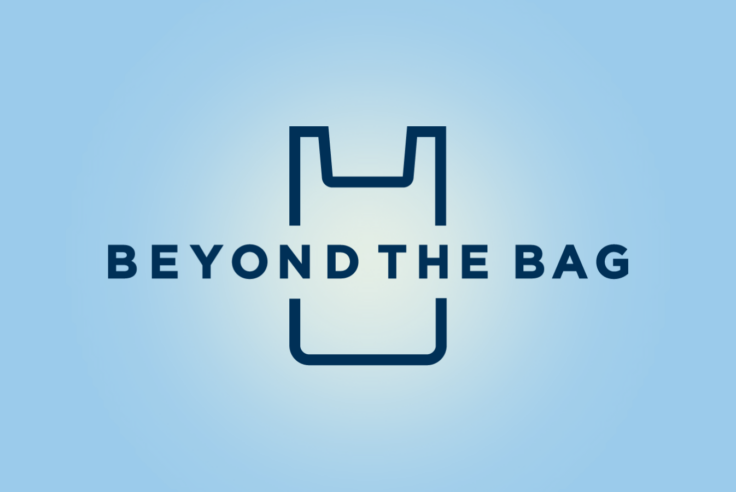
Press Release
Leading Retailers Accelerate Industry Collaboration...
Target, CVS Health, Kroger and other retailers reaffirm...
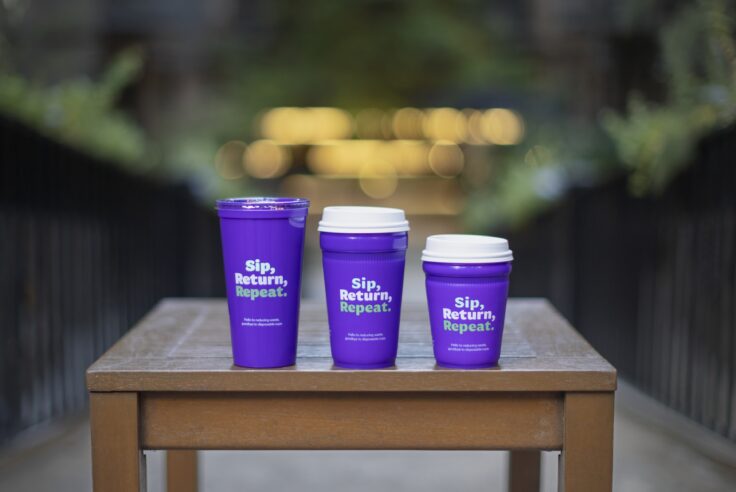
Press Release
The Petaluma Reusable Cup Project: Starbucks, The Coca-Cola...
The collaboration, led by the NextGen Consortium, makes...
